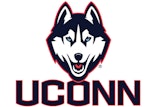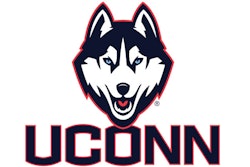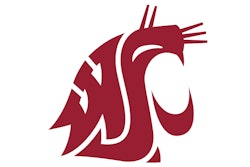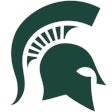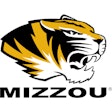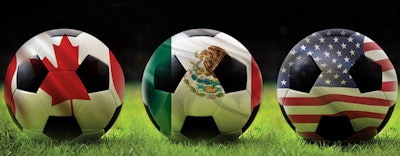
The excitement of this year's World Cup is behind us, but North American soccer fans and venue operators can keep their fervor fresh as Canada, Mexico and the United States prepare to jointly host the event in 2026.
While that date is a while off, the planning and preparation that must take place in order to host the largest sports event in the world (the 2026 Cup will be the largest ever, with the tournament field expanding to 48 teams) is massive.
FIFA, soccer's international governing body, having been dogged by a far-reaching corruption scandal, sought to make the 2026 bidding process more transparent. "The process to select the host — or hosts — of the first 48-team FIFA World Cup must not be open to even one iota of doubt," read the guide to the 2026 bidding process released by FIFA. "It is FIFA's responsibility towards the world of football to conduct these bidding and selection procedures in an ethical, transparent, objective and unbiased way."
That effort toward transparency led the organization to release guidelines for criteria on which bids would be judged, as well as objective scores for how well each bid did based on those guidelines. Each of two general categories — infrastructure and commercial elements — was weighted as a part of an overall score. For a bid to advance to the final round of consideration, it had to meet a certain minimum overall score, as well as a minimum score for highly weighted criteria.
In the end, the two bids that advanced to the last round of deliberations were one from Morocco and the United bid submitted by the three North American nations. According to FIFA's final evaluation report, the Moroccan bid received a final score of 274.9 out of a possible 500, while the United bid earned a final score of 402.8.
Those final scores came as no surprise to Irwin Kishner, who as a partner in the sports law group of Herrick Feinstein LLP has been involved in a number of soccer-related projects both domestically and internationally throughout his career. "Between Morocco and the United bid, you didn't have a choice on this one," he says.
Kishner's legal experience gives him a unique perspective into the business of sports, including soccer. He represented the joint venture that brought about the creation of MLS's New York City FC, and has been involved in negotiating financial agreements, sponsorships and media deals, and even determining where a team will play its games (NYCFC, for example, plays its home games at Yankee Stadium). As such, he feels it made sense for FIFA to be drawn to the United bid. "It is an entertainment business, and at the end of the day you have to demonstrate what the value is," Kishner says. Hosting the event in North America, a market that hasn't hosted a World Cup since 1994, could be an opportunity to sell tickets to a population whose affinity for the game has only grown in recent years.
Beyond that, Kishner points out that unlike World Cups of the recent past, much of the required infrastructure for the United bid is already in place. "Obviously you need to have the stadia, and you need to have the stadia in a rather accessible place," he says. "You need to have major airports that can take in and absorb the tourism and the stress that's going to be placed on them. That includes hotels, services, restaurants, transportation, security in the venue itself — which, obviously, the United States has."
Host cities for the United bid have not yet been announced, but the bid included a list of 23 cities (three each in Canada and Mexico, 17 in the U.S.). Each city already has a functional, existing stadium, meaning new buildings won't be necessary for the World Cup, though some renovations may be on the horizon.
Ultimately, the list of host cities will be pared down to 16 — each of which will need to ramp up security and increase coordination with law enforcement to ensure a safe event. "There is so much that goes on behind the scenes, from the local police to the federal government," Kishner says. "It is a tremendous operation, and maybe 85 percent of it is behind the scenes, including controlling the internet that's going into your stadium and being able to pick out anybody within the general area on facial-recognition technology."
Hosting the world's most popular sporting event represents both huge possibilities and an enormous logistical challenge, but bringing the world's game to a new generation of young Americans can help the sport to thrive domestically — particularly if the home team gives fans something to cheer about.
"Last time we had the World Cup here it was a noticeable increase in the interest of soccer, which really benefited Major League Soccer, our collegiate system, our youth system and so forth," Kishner says. "Hopefully, you'll have a strong team that you can field that'll actually increase the interest in soccer here in the States."
FIFA 2026 World Cup Selection CriteriaInfrastructure criteria Commercial elements criteria Source: Guide to the Bidding Process for the 2026 FIFA World Cup |
This article originally appeared in the October 2018 issue of Athletic Business with the title "United: How the U.S., Canada and Mexico landed the 2026 World Cup" Athletic Business is a free magazine for professionals in the athletic, fitness and recreation industry. Click here to subscribe.














